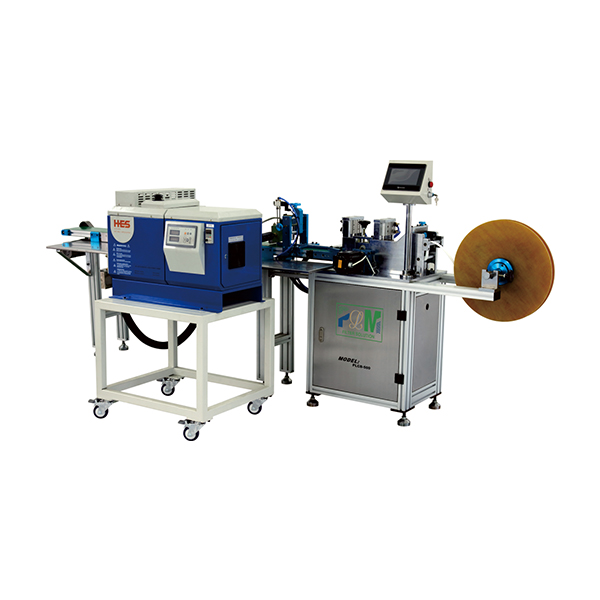Aug . 05, 2024 12:39 Back to list
Company Specializing in 5 Micron Sintered Porous Filter Tubes for Industrial Applications and Solutions
The Importance of 5 Micron Sintered Porous Filter Tubes in Industrial Applications
In various industries, the need for high-performance filtration systems is paramount. Among the myriad of filtration solutions available, 5 micron sintered porous filter tubes have gained significant attention due to their unique properties and versatile applications. This article delves into the advantages of these filter tubes and their importance in maintaining the quality and safety of industrial processes.
What are Sintered Porous Filter Tubes?
Sintered porous filter tubes are created through a specialized manufacturing process that involves compacting and heating powdered materials—often metals or ceramics—under controlled conditions. This process results in a highly porous structure with uniform pore sizes. A 5 micron filter offers the advantage of effectively trapping particles and contaminants with a diameter of 5 micrometers or larger, which is essential in many applications, from water treatment to petrochemicals.
Benefits of Using 5 Micron Sintered Porous Filter Tubes
1. High Filtration Efficiency One of the standout features of 5 micron sintered porous filter tubes is their high filtration efficiency. They can effectively remove small particles, bacteria, and other contaminants from liquids and gases, ensuring that only clean, safe materials pass through. This is critical in applications such as pharmaceutical and food processing industries, where purity is paramount.
2. Durability and Longevity Sintered filter tubes are known for their robust construction. Unlike traditional filters that may disintegrate or become clogged over time, sintered porous filters maintain their integrity and performance over extended periods. This durability translates to lower replacement costs and reduced downtime in industrial operations.
5 micron sintered porous filter tube company

3. Chemical Resistance Many sintered porous filter tubes are designed to withstand harsh chemical environments, making them suitable for a wide range of applications, including corrosive liquid filtration in petrochemical industries. Their resistance to chemical degradation ensures consistent performance and longevity even in challenging conditions.
4. Versatility The applications of 5 micron sintered porous filter tubes are vast. They are utilized in oil and gas filtration, wastewater treatment, air filtration systems, and even in the medical field for various sterilization processes. Their ability to operate effectively across different industries highlights their versatility and adaptability.
5. Sustainability As industries move towards more sustainable practices, the use of durable sintered porous filter tubes aligns with environmental goals. Their longer lifespan reduces waste, and many materials used in their production are recyclable. This contributes positively to a company's sustainability efforts.
Conclusion
The 5 micron sintered porous filter tube is an invaluable component in modern industrial operations. Its high filtration efficiency, durability, chemical resistance, versatility, and sustainability make it a preferred choice for many applications. As industries continue to face pressure to enhance efficiency and reduce environmental impact, the role of advanced filtration systems like these will only become more critical.
For companies looking to improve their filtration processes, investing in high-quality 5 micron sintered porous filter tubes can lead to significant benefits, both in performance and cost-effectiveness. As technology progresses and industries evolve, these sophisticated filtration solutions will remain at the forefront of ensuring the safety, quality, and sustainability of various processes.
-
Premium Active Carbon Air Filter for Air Purifiers - Odor Removal
NewsAug.21,2025
-
Premium Acrylic-Resin Air Filter Paper in Roll | High Efficiency
NewsAug.19,2025
-
PLAB-6 A B Two Compounds Filter End Cap Gluing Machine-Hebei Filter Man|Precision Gluing,Automated Production
NewsAug.18,2025
-
PLAB-6 A B Two Compounds Filter End Cap Gluing Machine - Hebei Filter Man Automotive Parts Trading Co., Ltd | Adjustable Gluing Parameters, Automated Precision
NewsAug.18,2025
-
PLAB-6 A/B Two Compounds Filter End Cap Gluing Machine-Hebei Filter Man|Precision Engineering&Efficiency
NewsAug.18,2025
-
Active Carbon Air Filter for Purifier: Superior Air Quality & Odor Removal
NewsAug.18,2025
